ALEX WRIGHT
Holding Space For Honest Conversations
The first thing we do when we get to our place of work every day is ask our colleagues how they are doing. But if you think about it, how often do you get an honest answer?
Alex Wright founded WoeMan because he felt like he never had a safe space to say how he was really feeling, so decided to create his own. Now he’s on a mission to help businesses do the same and open up their workplaces for the conversation that needs to happen around male mental health.
Written by Richard Dawson
Photography & Interview by Christopher Owens
If one good conversation can shift the direction of change forever, then surely the key to addressing male mental illness is getting blokes to talk to each other?
Suicide is the leading cause of death in men under 50 and you can pretty much attribute this to the fact that 40% of men have never spoken to anyone about their mental health.
Whether it be toxic masculinity, legacies of patriarchy or fear of being stigmatised by their peers, too many men feel they must suffer in silence rather than ask for help.
A number of charities are looking at this problem, with initiatives like Movember and the Campaign Against Living Miserably (CALM) raising awareness and building new pathways to reach those who need support.
However, given that work is the leading cause of stress, anxiety and depression in men, it’s clear that businesses must do more to open up the workplace for this discussion.
Alex Wright founded WoeMan to help businesses visualise conversations around mental health and masculinity and sees creative storytelling as one of the best ways to get brands to take action.
As an established photographer and videographer in the North East, Alex believes that a picture really is worth a thousand words, especially when those words are hard to come by as they so often are when it comes to mental health.
“I didn’t know how to articulate myself either,” Alex admits.
“There are so many things that are swimming under the surface to get men talking.
“One of the best things I ever did for myself was learn how to listen to other people, which is really what WoeMan is about.”
“There are so many things that are swimming under the surface to get men talking.”
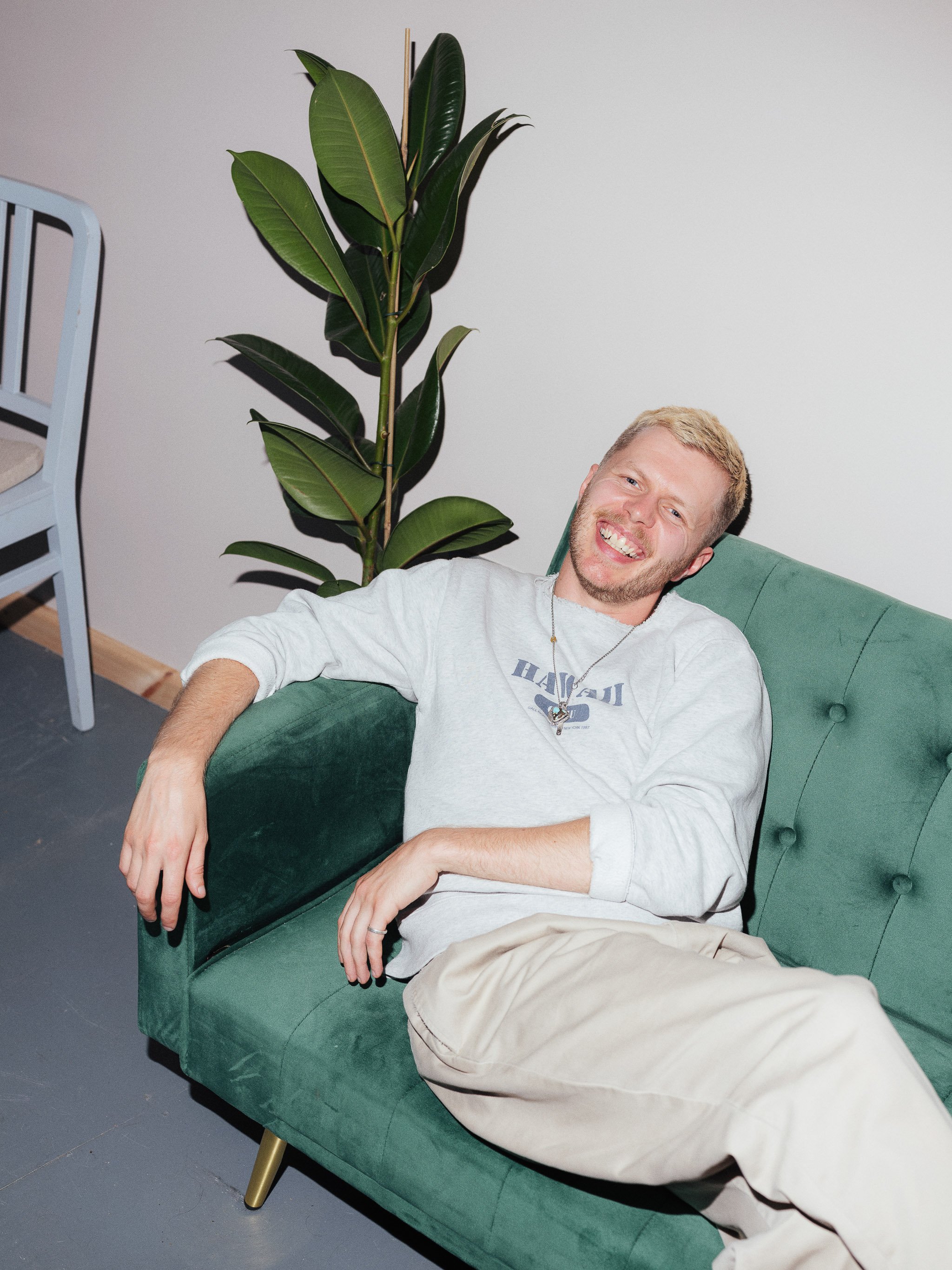
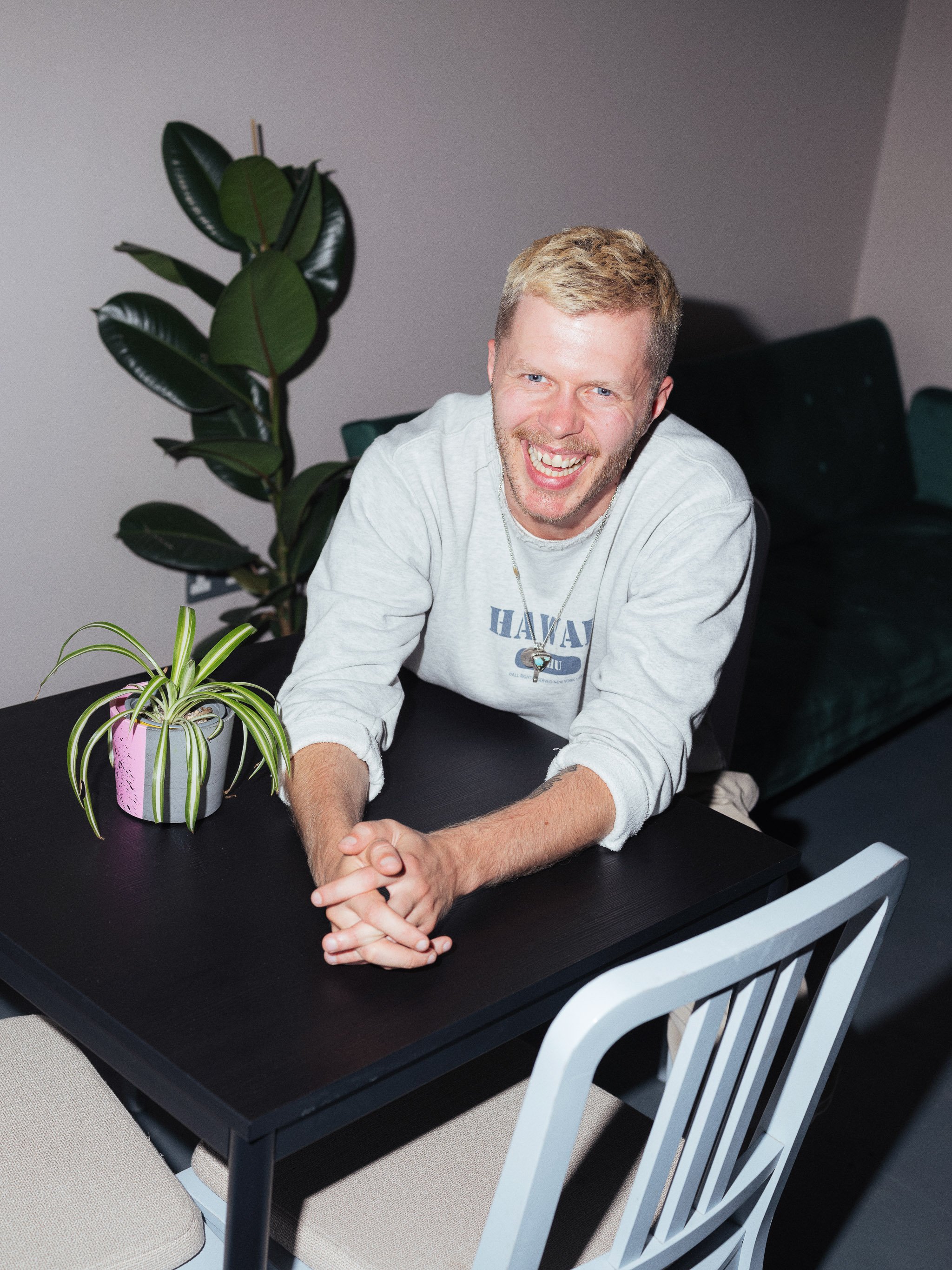
The launch of WoeMan was precipitated by a lot of self-reflection for Alex – someone who gives the impression he has always listened to intuition and gut instinct over concerns about money or prestige when it comes to his work and career development.
He says: “I always knew I had an interest in art. But in school, you’re being fed through a funnel, and it was hard to see what I could do with something like art.
“Thankfully, I managed to get on to a fashion and communications degree at Northumbria University and that led me down a road where I discovered photography and videography and ecommerce.
“After working various jobs, I decided to go freelance because while I didn’t really know what I wanted to do, I knew I wanted to wake up and be happy to go into work.”
What better reason could anyone need to go and work for themselves?
A string of collaborations with brands like RED January and Mind Over Mountains followed and saw Alex formalise the next chapter of his career under the WoeMan moniker.
The business today is multi-faceted, on the one hand a portfolio of visually immersive campaigns that help brands open up their workplaces and on the other, a social running club that promotes conversation around mental health and wellbeing.
“It’s my job to help people, businesses and brands understand what threads they need to pull to make the most impact,” says Alex.
“I see a lot of businesses recognising that mental health is something that needs to be spoken about. But they do it in a way that is so broad, it’s kind of like a check box exercise.
“You might see them sharing stock images of people with their head in their hands, but I want to steer brands away from those cliched images and towards something more honest and authentic.”
Given his background in photography, it might seem obvious why Alex should focus on the visual elements.
But if you consider that pretty much every employer is already talking about the importance of mental health and yet their male (and female) employees continue to be consumed by work stress, then clearly words alone are not enough.
It’s one thing to point to your internal policies and the support available to staff, but another thing entirely to visualise what that looks like.
“You need to show people how to have conversations and teach businesses how to listen,” adds Alex.
“This is where visuals and imagery become so important because art opens doors for people.”
The other side of WoeMan is the social running club, which meets twice a week to bring together two of our best weapons in the fight against mental illness – the great outdoors and the power of community.
Alex says: “I’ve always struggled with never really feeling like I had a space to share and talk comfortably about how I was feeling, which is why I started the running club.
“The more we can build these communities where people feel like they can talk without worrying about bringing the energy down because it’s a space specifically for that, the better.”
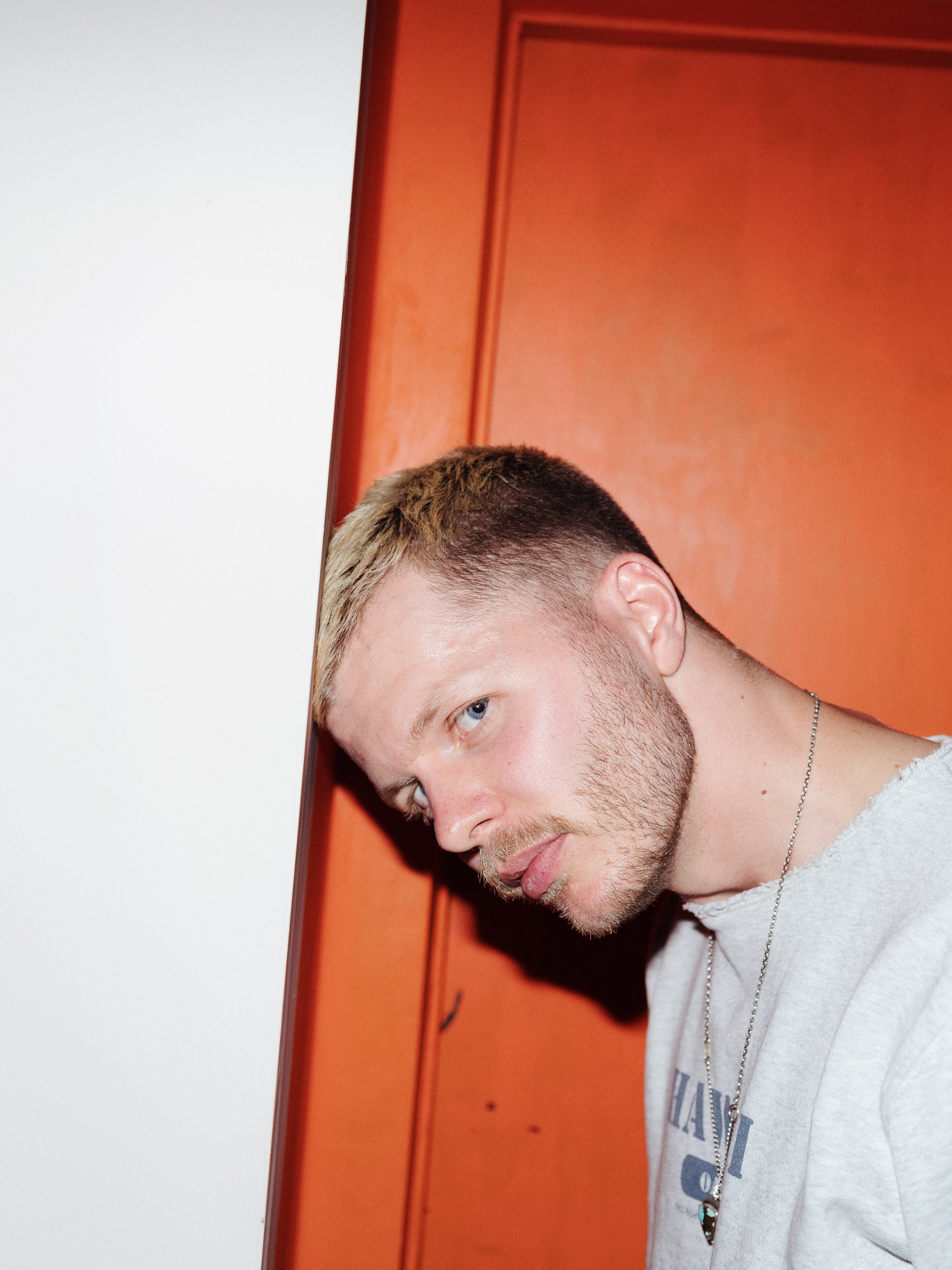
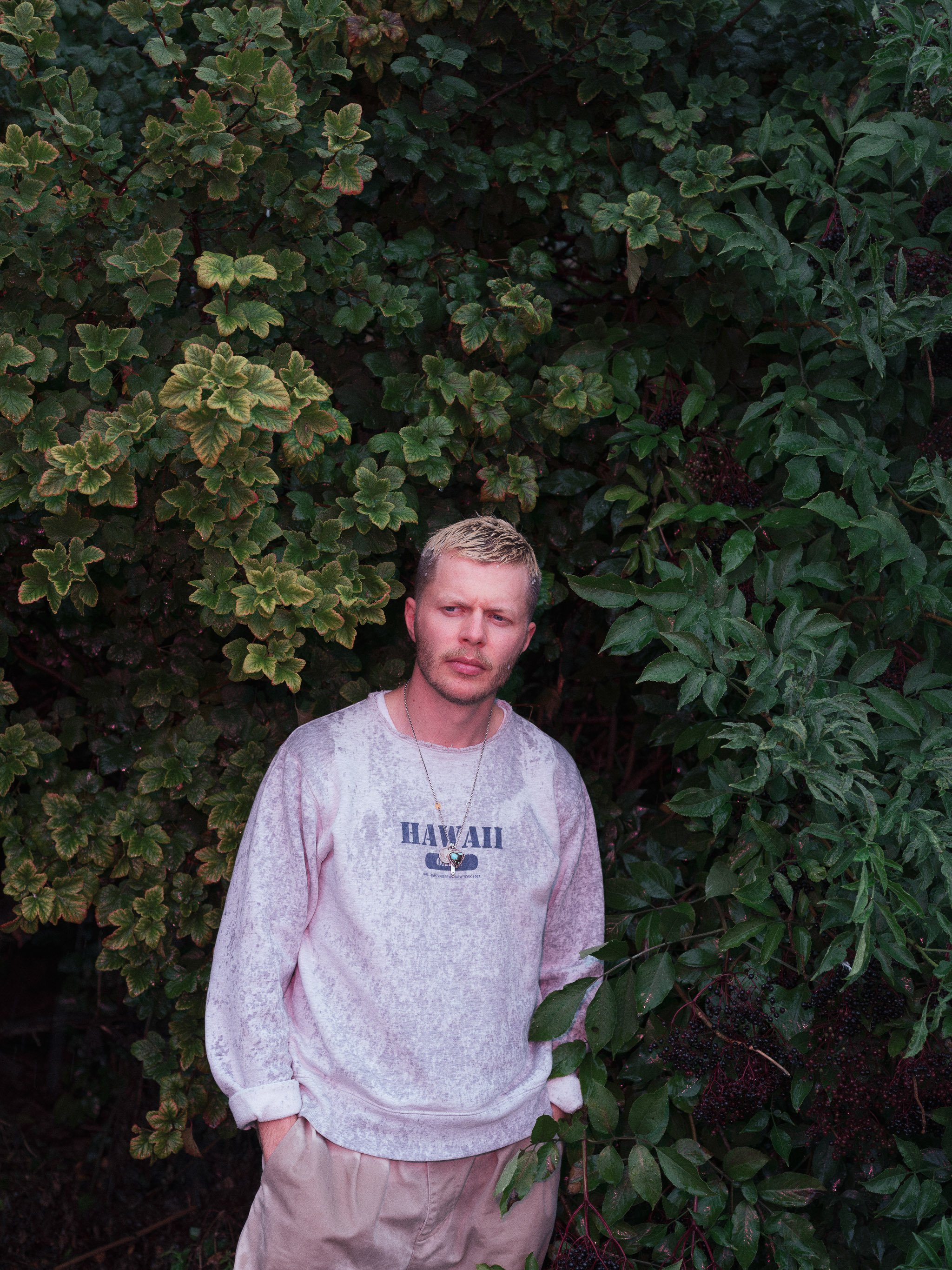
“I see a lot of businesses recognising that mental health is something that needs to be spoken about. But they do it in a way that is so broad, it’s kind of like a check box exercise.
The more we can build these communities where people feel like they can talk without worrying about bringing the energy down because it’s a space specifically for that, the better.”
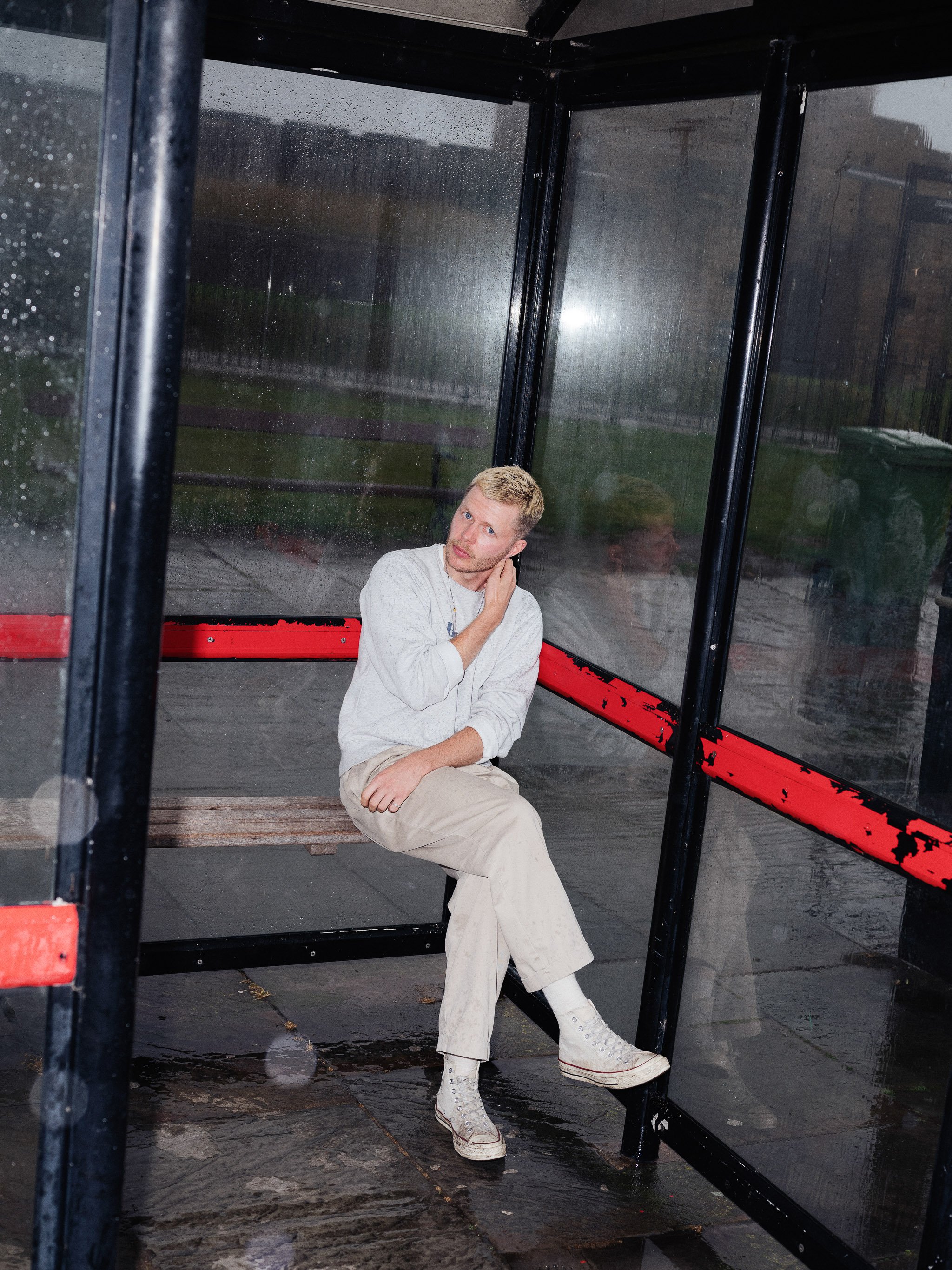
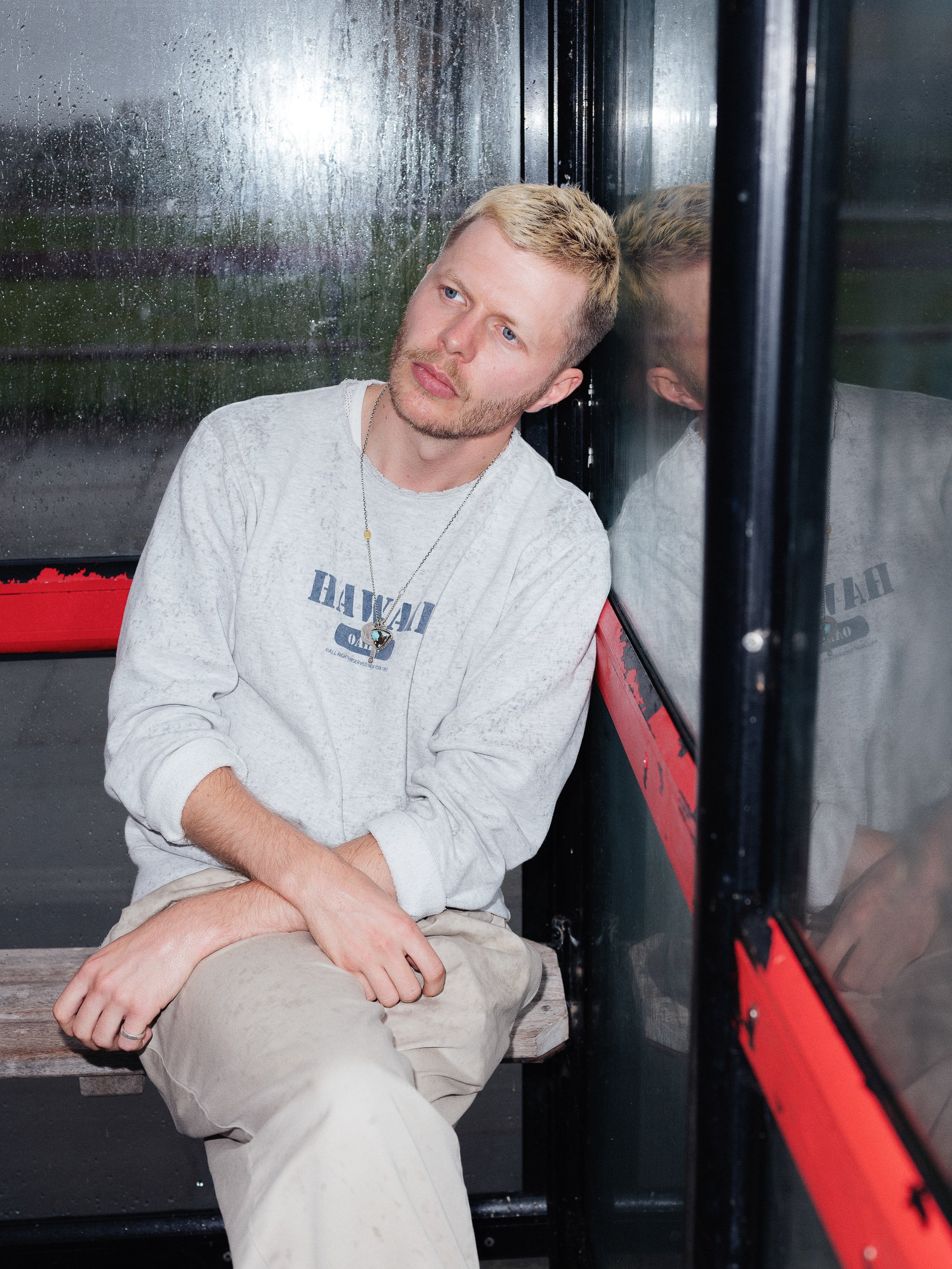
“Men’s issues and women’s issues are not separate, and we need to make sure we don’t polarise those gender differences between #metoo on the one hand and male suicide on the other.”
As the name suggests, WoeMan is about creating safe spaces for men specifically, but Alex is keenly aware of the balance that needs to be struck here so as not to magnify the differences between men and women that is itself a big contributor to mental illness.
He says: “Men’s issues and women’s issues are not separate, and we need to make sure we don’t polarise those gender differences between #metoo on the one hand and male suicide on the other.
“It’s about facilitating a conversation that is not happening because at the moment, it feels like people aren’t allowed the space to learn and grow.”
If you’re not into running but like the sound of having a safe space where you can vent and verbalise your feelings, then Alex’s advice is to find a community where you feel you can belong because there is something out there for everyone.
“I will always advocate for the great outdoors and grounding yourself in nature,” he says. “It helps you recognise that the world is huge and you’re not the only one in it.
“But things like online chat rooms and gaming communities can be an equally beautiful place for young people to connect.”
Alex concludes: “There’s a community out there for everyone, but in order to understand that you need to ask the right questions.”




